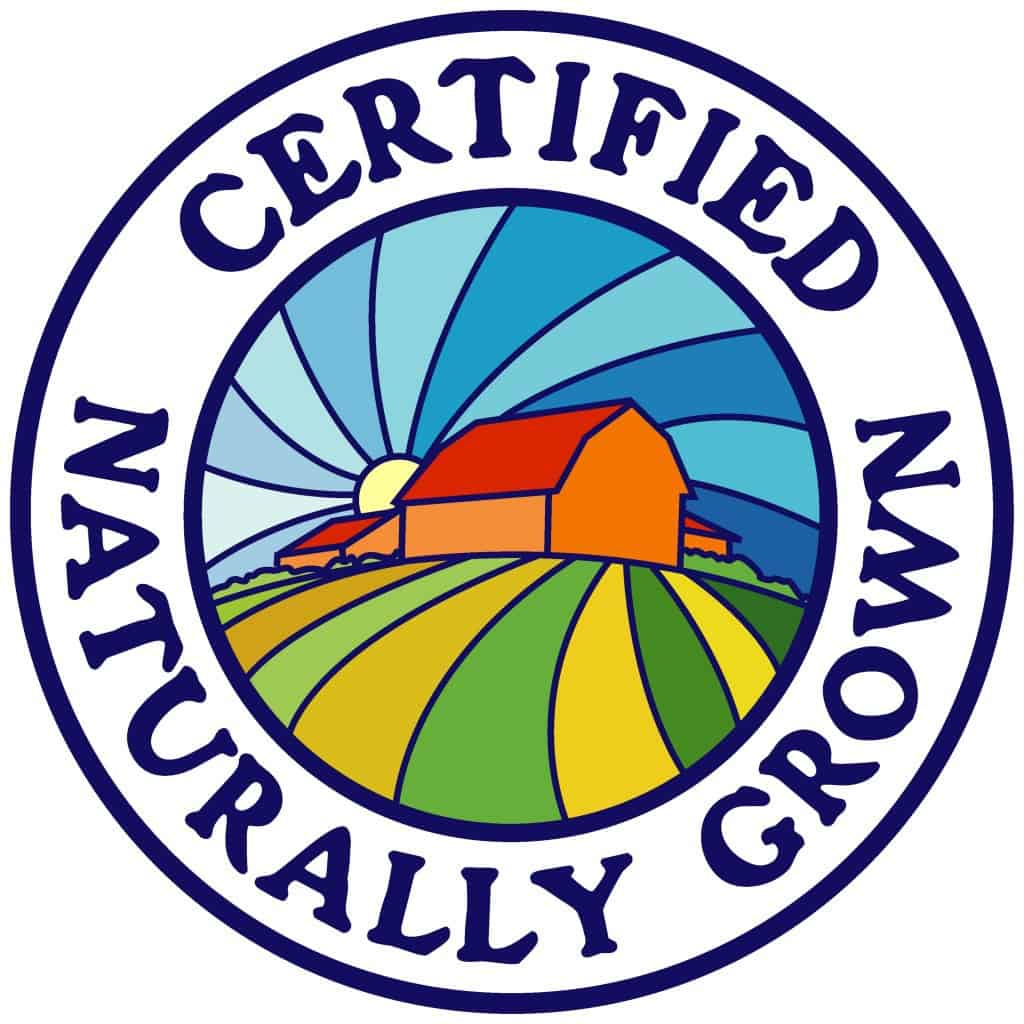For small farmers, USDA certified organic is an expensive proposition. But there’s a new game in town: Certified Naturally Grown. CNG’s website explains that their organic certification program is a “Grassroots Alternative to the USDA’s National Organic Program meant primarily for small farmers distributing through local channels—farmer’s markets, roadside stands, local restaurants, community supported agriculture (CSA) programs and small local grocery stores—the farmers that make up your local landscape!”
CNG is based on the national organic standard, but without many of the synthetic substances allowed in certified organic foods. More on that in this article in Grit magazine. CNG farmer Stephanie Everett says, “Many CNG farmers go well beyond the organic and OMRI [Organic Materials Review Institute] standards to produce truly natural foods without the use of any products that have the potential to harm human well being, damage soils or wildlife. The farmer to farmer review process offers such a greater wealth of knowledge and exchange of practical experience than any ‘Organic Certification’ program I have heard of thus far. Every week, sometimes twice a week, our community of CNG farmers talk at farmers markets to share insights and offer helping hands to further and improve our CNG commitments. BRAVO for Certified Naturally Grown for creating a deeper and wider foundation for growing healthy foods and communities.”
More than 700 farmers and beekeepers in North America are now Certified Naturally Grown. One of these farmers in your local landscape is Don Studinski, beekeeper and owner of Honeybee Keep, the first CNG apiary in Colorado. Don says the CNG organization is small and personal, which allows the business owner easy access to great support and information. He says that the process is rigorous but reasonable—and for him it was also easy because he was already meeting all the requirements on his own. Because Don has the only apiary in the area, the requirement to certify someone else was waived until the obligation could be fulfilled. Meanwhile, his certification wasn’t held up because of some bureaucratic blindness. Don found CNG to be a positive force for organic agriculture, instead of an impediment.
Another example Don cites of CNG’s reasonableness is their process of honey certification. It was impossible for any apiary to claim “organic” under other certification methods, as bees cover up to 8,000 acres. Unless you control that acreage, you cannot know where your bees have been or what they’ve gotten into. CNG bases its apiary certification on the organic standards of the land where the hives are located. That land, according to CNG, “must meet all CNG guidelines for produce. Both crops and land must be free of synthetic fertilizers, pesticides, herbicides and fungicides, as well as genetically engineered crops. Apiaries are to contain only as many beehives as can be supported by the nectar and pollen supply in the local environment.”
CNG is a great way for small farmers to compete and thrive.




